On January 15, the Ministry of Foreign Affairs announced the Joint Communiqué on the results of the official visit to Vietnam by Russian Prime Minister MV Mishustin, which Prime Minister Pham Minh Chinh and Russian Prime Minister Mikhail Mishustin signed on the afternoon of January 14.
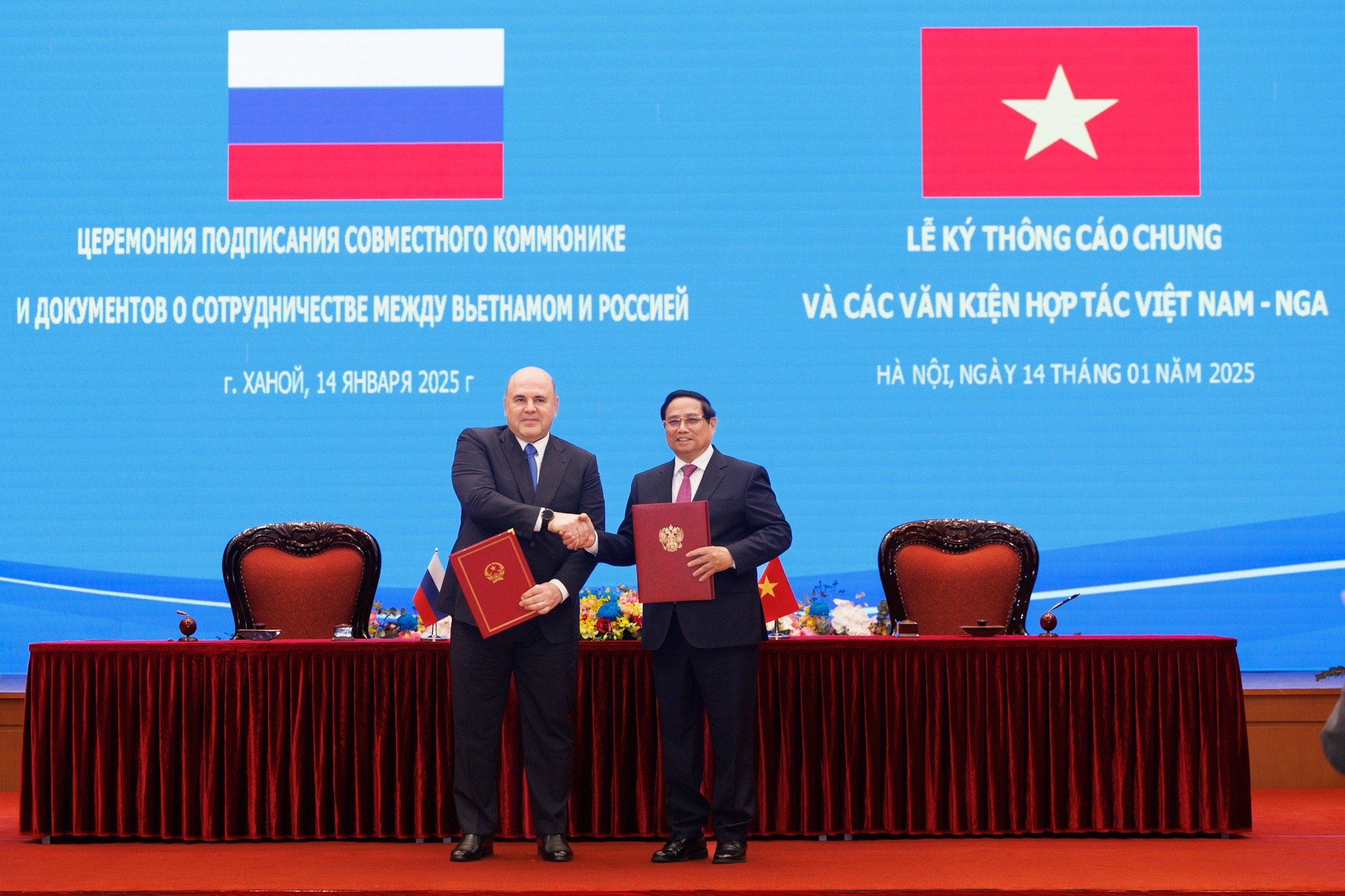
Prime Minister Pham Minh Chinh and Russian Prime Minister Mikhail Mishustin signed a Joint Communique on the results of Prime Minister Mishustin's official visit to Vietnam. Photo: Huu Hung
According to the Joint Communiqué, during the visit, the two sides had in-depth discussions on many contents and directions for promoting Vietnam-Russia relations in the fields of politics, economics-trade, science-technology and humanities, defense, security, education-training, transportation, tourism and other fields. The two sides also discussed international and regional issues of mutual concern. The two sides supported increasing exchanges through party and national assembly channels, between ministries and sectors, and promoting cooperation between localities.
The two sides discussed and agreed on measures to enhance bilateral trade cooperation, including further utilising the incentives of the Free Trade Agreement between Vietnam and the Eurasian Economic Union and its member states, which the two sides will celebrate the 10th anniversary of its signing this year (May 29, 2015 - May 29, 2025), as well as the need to increase the supply of goods to each other's markets.
The two sides agreed on the need to develop railway and sea transport systems and multimodal freight transport. The two Parties acknowledge the need to study payment methods for trade activities and other bilateral transactions.
The two sides agreed to continue to improve the bilateral legal basis to promote cooperation in all fields. The two sides acknowledged the efforts of the Vietnam-Russia Intergovernmental Committee on economic-trade and scientific- technical cooperation and the ministries and branches of the two countries that agreed and signed cooperation documents during the visit and welcomed the continued exchange and negotiation of new cooperation documents in the coming time.
The two sides agreed to continue to create favorable conditions for the implementation of joint oil and gas projects on the continental shelf of Vietnam and on Russian territory, in accordance with the laws of the two countries and international law, including the 1982 United Nations Convention on the Law of the Sea (UNCLOS 1982).
The two sides acknowledged that Russia's provision of oil and liquefied natural gas to Vietnam and processed products, and the development of new power projects, including renewable energy power projects, are promising directions for cooperation.
The two sides will continue to cooperate in implementing the project to build a Nuclear Science and Technology Research Center in Vietnam. Russia is ready to participate in building Vietnam's national nuclear power industry.
The two sides noted the stable operation of the Russian GAZ car assembly joint venture in Da Nang, part of which is exported to neighboring countries.
The two sides agreed to continue supporting all aspects of the activities of the Vietnam-Russia Joint Tropical Science and Technology Research Center, an institution that plays an important role in developing bilateral scientific and technological cooperation.
The two sides acknowledged the importance of continuing cooperation in the field of education and training, including training Vietnamese citizens at Russian universities within the framework of quotas granted by the Russian Government and the activities of the Vietnam-Russia Network of Technical Universities; decided to accelerate the implementation of the project to establish a general education institution teaching in Russian in Hanoi. The two sides agreed to continue supporting research and teaching of Russian in Vietnam, including the use of the Pushkin Russian Language Institute in Hanoi, while strengthening and expanding research and teaching of Vietnamese in Russia.
The two sides attach importance to developing cooperation in the health sector, including the provision of medical equipment, pharmaceuticals, staff training, nuclear medicine and other issues of mutual interest.
The two sides acknowledged the role of people-to-people exchanges in developing the traditional friendship between Vietnam and Russia; welcomed the enhancement of cultural exchanges, regular organization of national cultural days, art performances, film screenings and activities to enhance understanding between the two peoples through friendship organizations, media and social organizations. The two sides supported continued efforts to simplify travel procedures for citizens of the two countries.
The two sides noted with satisfaction the resumption of regular direct flights and charter flights. has contributed to increasing the number of tourists between the two countries. The two sides believe that cooperation in adding destinations and increasing the number of flights is suitable for the travel needs of the people of the two countries. The two sides welcome the relevant agencies of the two countries to increase exchanges to promote cooperation in transport connectivity between Vietnam and Russia, as well as develop the Vietnamese transport system.
The two sides acknowledged that the relationship between localities has great potential and always plays an important role in the cooperation between Vietnam and Russia. Strengthening cooperation between localities will meet the wishes and interests of the people of the two countries and should be transformed into specific bilateral cooperation projects.
The two sides oppose the use of unilateral restrictive measures, interference in the internal affairs of sovereign states, protectionism and the application of extraterritoriality, which violate the principles and provisions of international law, including the United Nations Charter.
The two sides emphasized the universality and comprehensiveness of the 1982 UNCLOS, which is the legal basis for all activities at sea and in the ocean, and affirmed the need to maintain the integrity of the Convention. The two sides will coordinate to ensure security, safety, freedom of navigation, aviation and unimpeded commercial activities.
The two sides support self-restraint, non-use of force or threat to use force and settlement of disputes by peaceful means, in accordance with the principles of international law, including The United Nations Charter and UNCLOS 1982. Support the full and effective implementation of the 2002 Declaration on the Conduct of Parties in the East Sea (DOC). and welcomes efforts to soon reach a substantive and effective Code of Conduct in the East Sea (COC).
The two sides supported the formation of a comprehensive and sustainable structure in relations between countries in Asia, based on the principles of equality, sovereignty, independence, non-alignment and international law. They stressed the importance of and supported the strengthening of the central role of the Association of Southeast Asian Nations (ASEAN) in regional affairs and reaffirmed their commitment to the 1976 Treaty of Amity and Cooperation in Southeast Asia.
The two sides welcomed increased exchanges, cooperation and mutual support at multilateral forums, including the United Nations, the Asia-Pacific Economic Cooperation (APEC) forum and ASEAN mechanisms such as the East Asia Summit, the ASEAN Regional Forum, the ASEAN Defense Ministers' Meeting Plus, as well as initiatives within these frameworks to promote a multipolar, fair and sustainable world order, based on the fundamental principles of international law and the United Nations Charter, expanding space and opportunities for the free and successful development of countries and associations.
The two sides expressed their willingness to cooperate for mutual benefit and effectiveness within the APEC framework, focusing on implementing APEC's visions and priorities, addressing practical issues, and paying special attention to promoting and supporting each other's initiatives, including when Vietnam assumes the role of Chair of this forum in 2027.
The two sides emphasized the importance of the first ASEAN-Russia Summit (in Kuala Lumpur in 2005) and welcomed the significance of the 20th anniversary of the ASEAN-Russia Summit this year, agreed to strengthen and deepen the ASEAN-Russia Strategic Partnership, continue to effectively implement the ASEAN-Russia Comprehensive Plan of Action for the period 2021-2025 and prepare to coordinate in drafting new cooperation documents for the next 5-year period, as well as a strategic program on trade and investment cooperation between ASEAN and Russia, focusing on the fields of energy, high-tech manufacturing, digital transformation and smart cities. The two sides agreed to continue to cooperate closely at leading economic forums in Asia such as the ASEAN Business and Investment Summit and the Eastern Economic Forum.
The two sides welcomed the strengthening of ASEAN's partnership with the Eurasian Economic Union and the Shanghai Cooperation Organization (SCO) based on the 2018 Memorandum of Understanding on Economic Cooperation between ASEAN and the Eurasian Economic Commission, as well as the 2005 Memorandum of Understanding between the ASEAN Secretariat and the SCO Secretariat, promoting the formation of a space of peace, stability, equal and indivisible security, trust, development and prosperity in the Eurasian Greater Continent.
The Russian side welcomed Vietnam's active participation in BRICS events in 2024 and expressed its readiness to create favorable conditions if Vietnam joins BRICS as a partner country.
See the full text of the Joint Communique here:




![[Photo] Third meeting of the Organizing Subcommittee serving the 14th National Party Congress](https://vstatic.vietnam.vn/vietnam/resource/IMAGE/2025/4/2/3f342a185e714df58aad8c0fc08e4af2)
![[Photo] Close-up of Vietnam's sniffer dog team searching for earthquake victims in Myanmar](https://vstatic.vietnam.vn/vietnam/resource/IMAGE/2025/4/1/d4949a0510ba40af93a15359b5450df2)
![[Photo] Relatives of victims of the earthquake in Myanmar were moved and grateful to the rescue team of the Vietnamese Ministry of National Defense.](https://vstatic.vietnam.vn/vietnam/resource/IMAGE/2025/4/2/aa6a37e9b59543dfb0ddc7f44162a7a7)

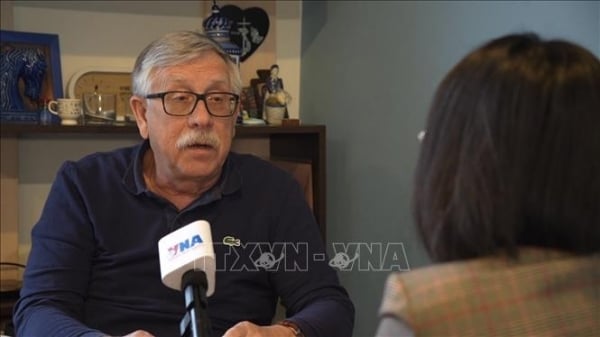

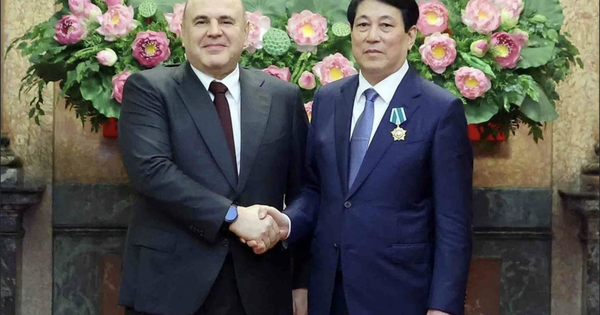

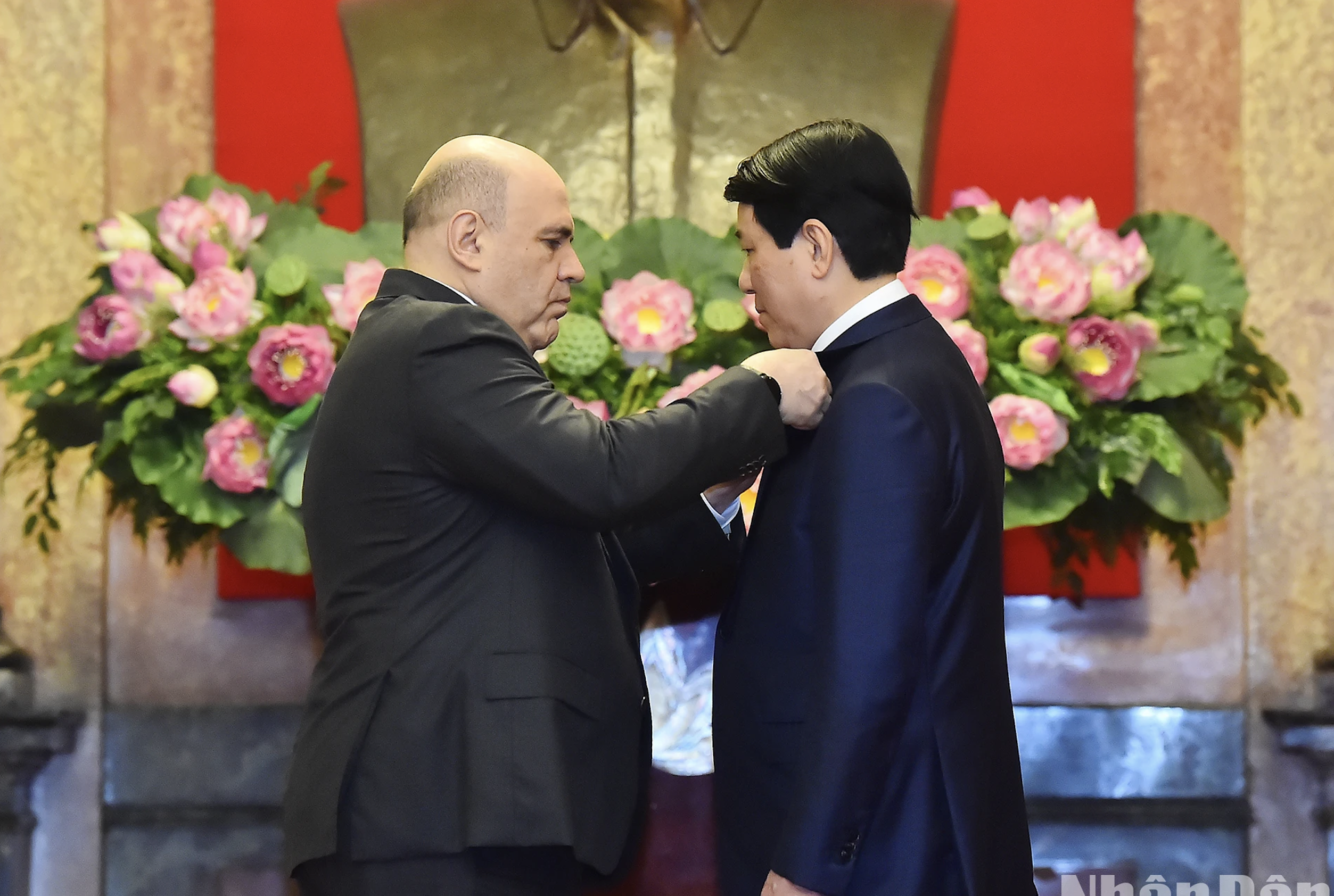

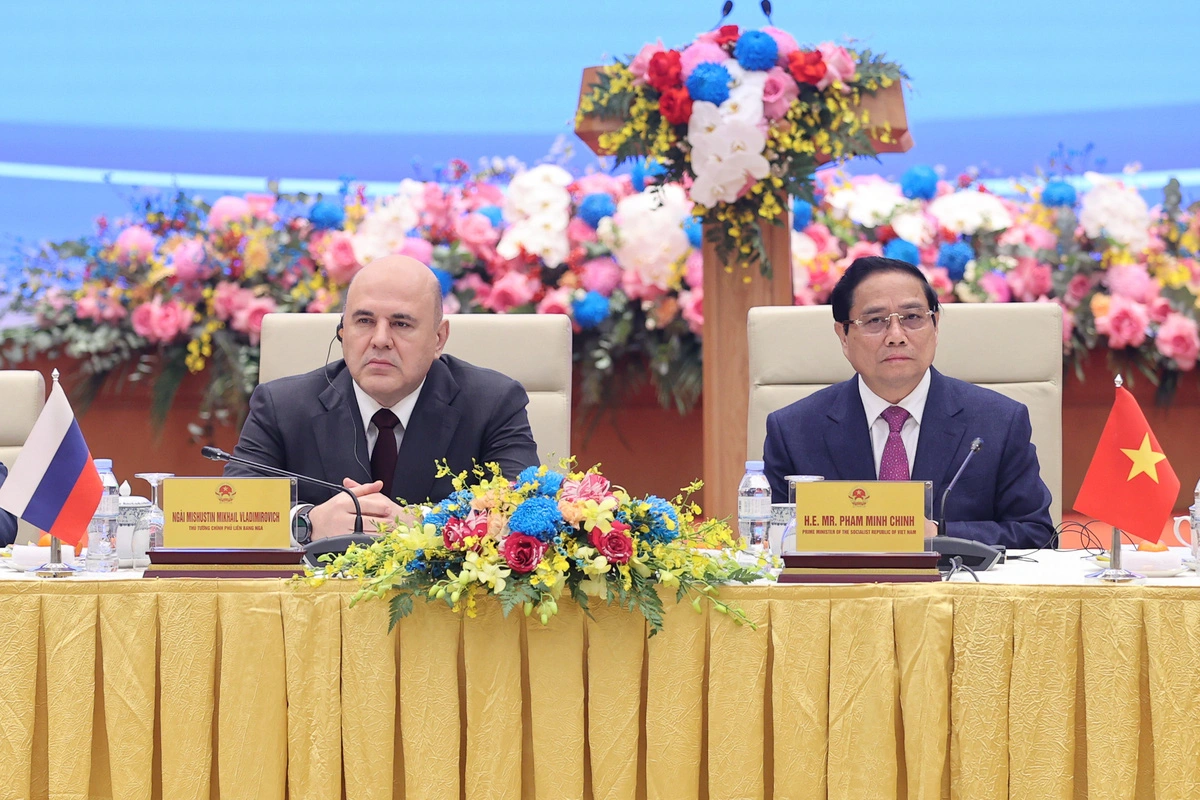

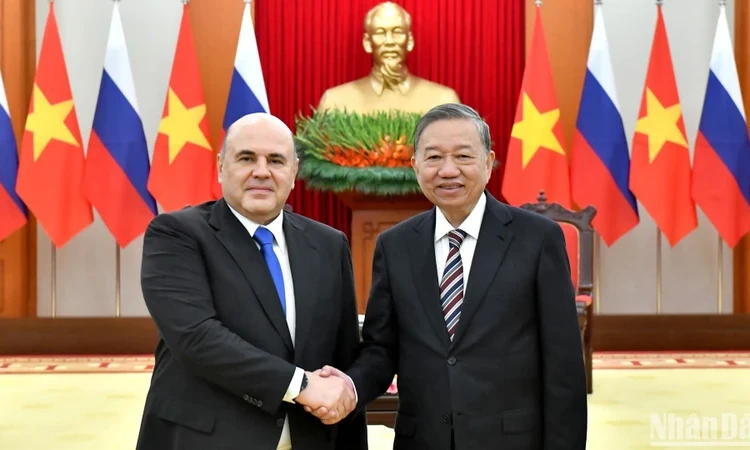
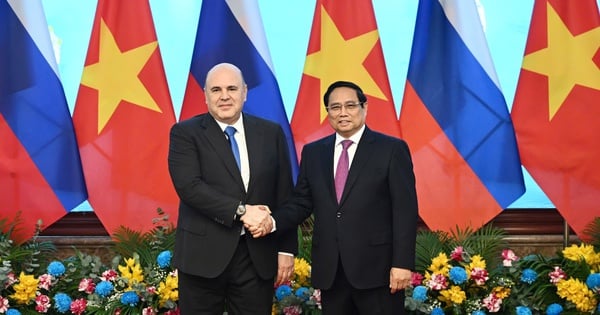
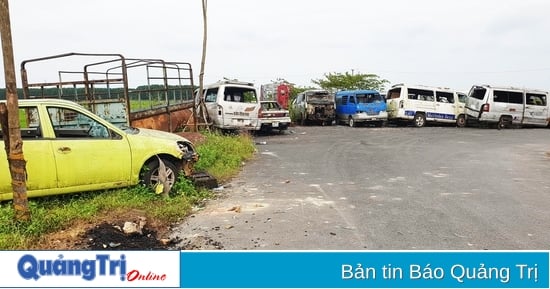
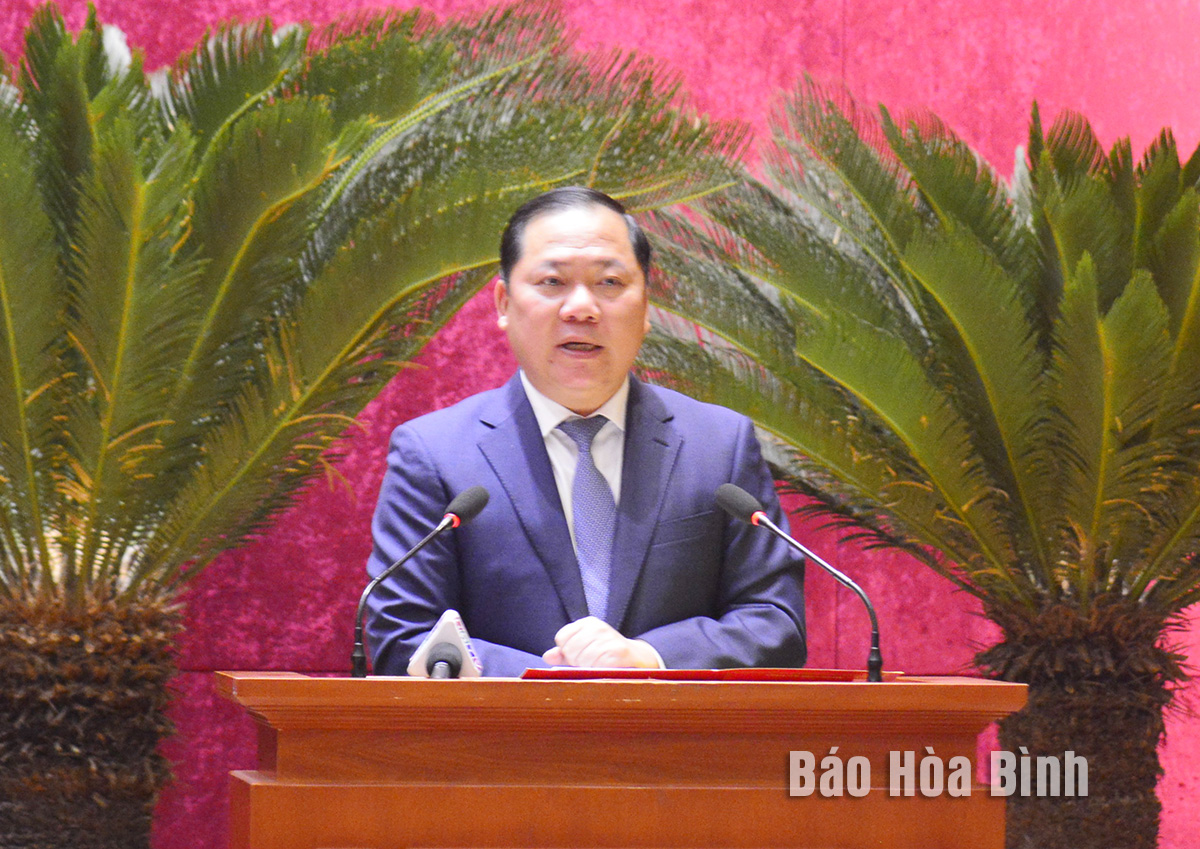
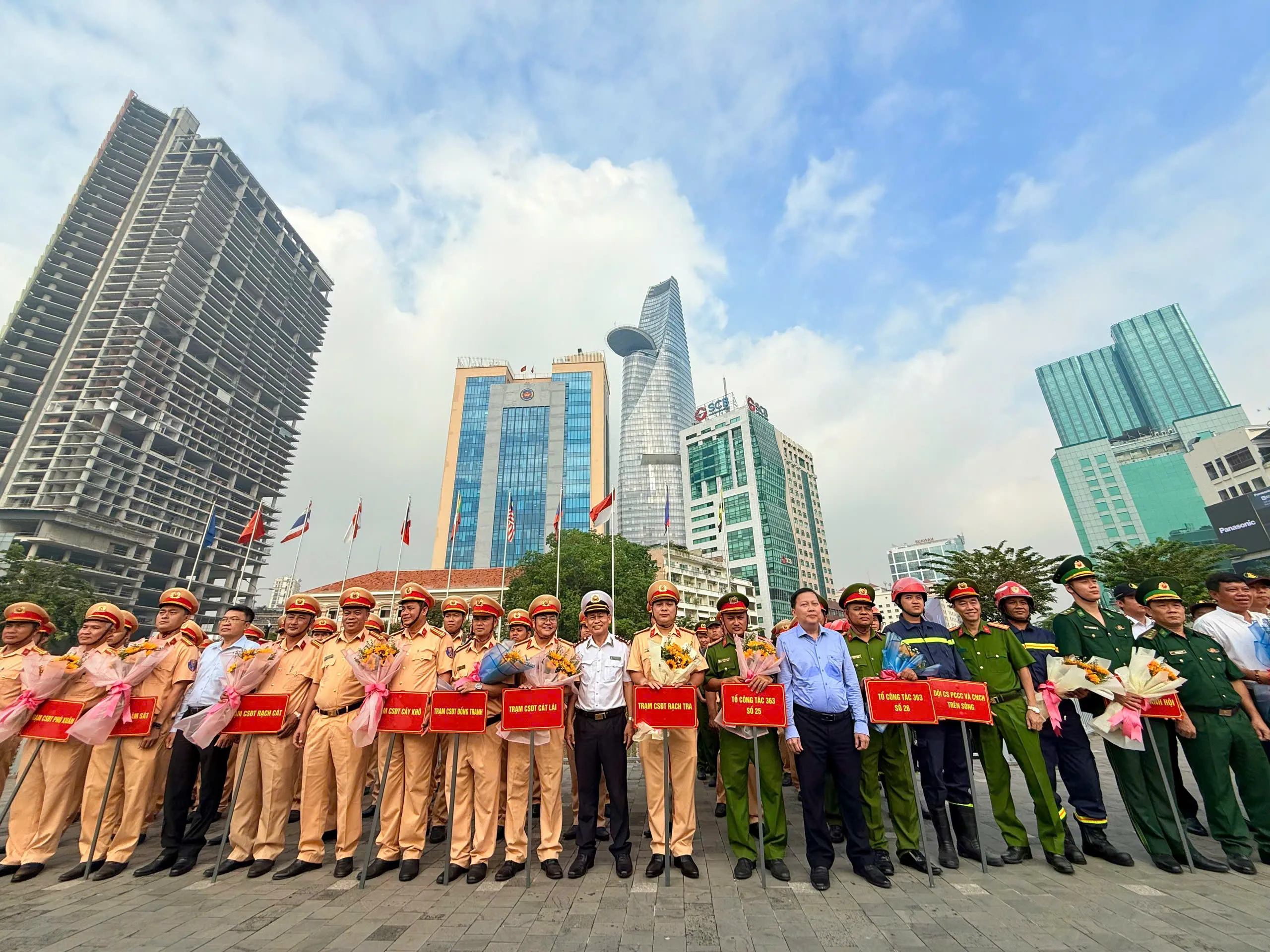
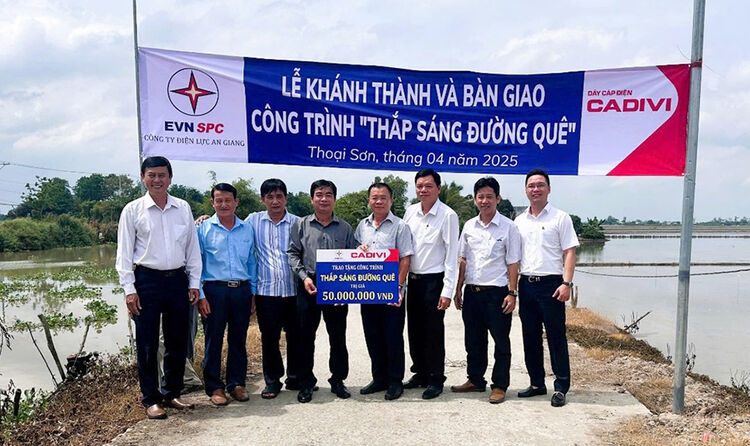

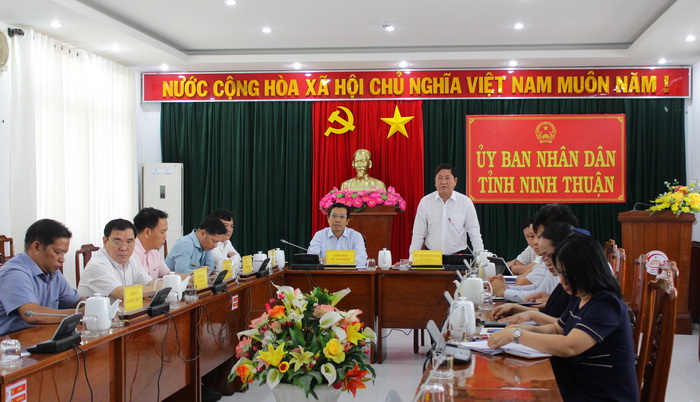




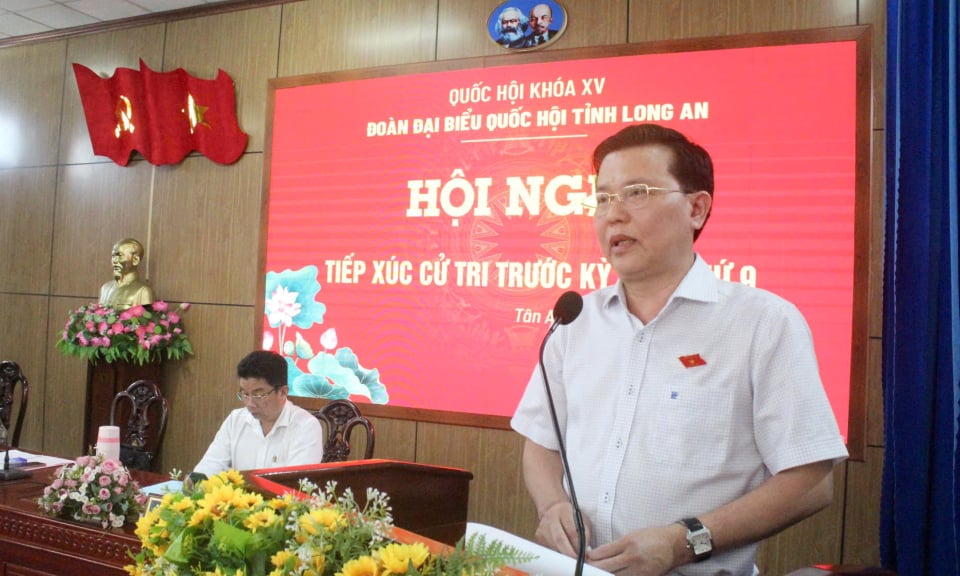
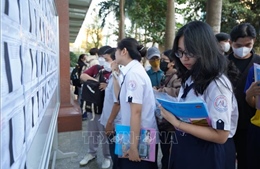
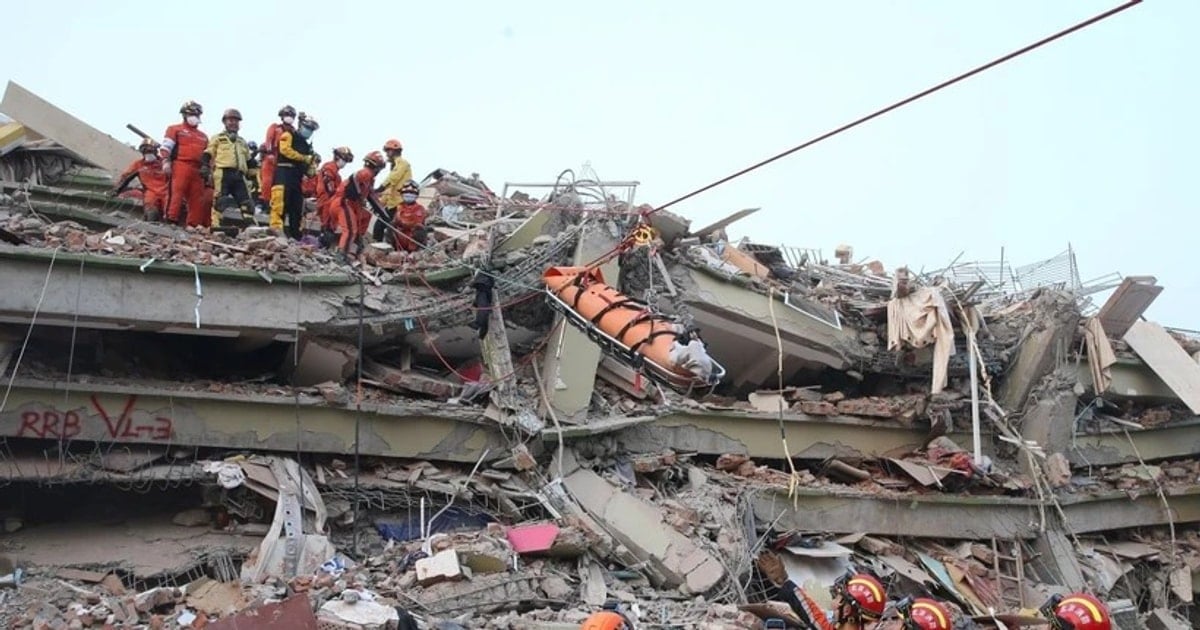
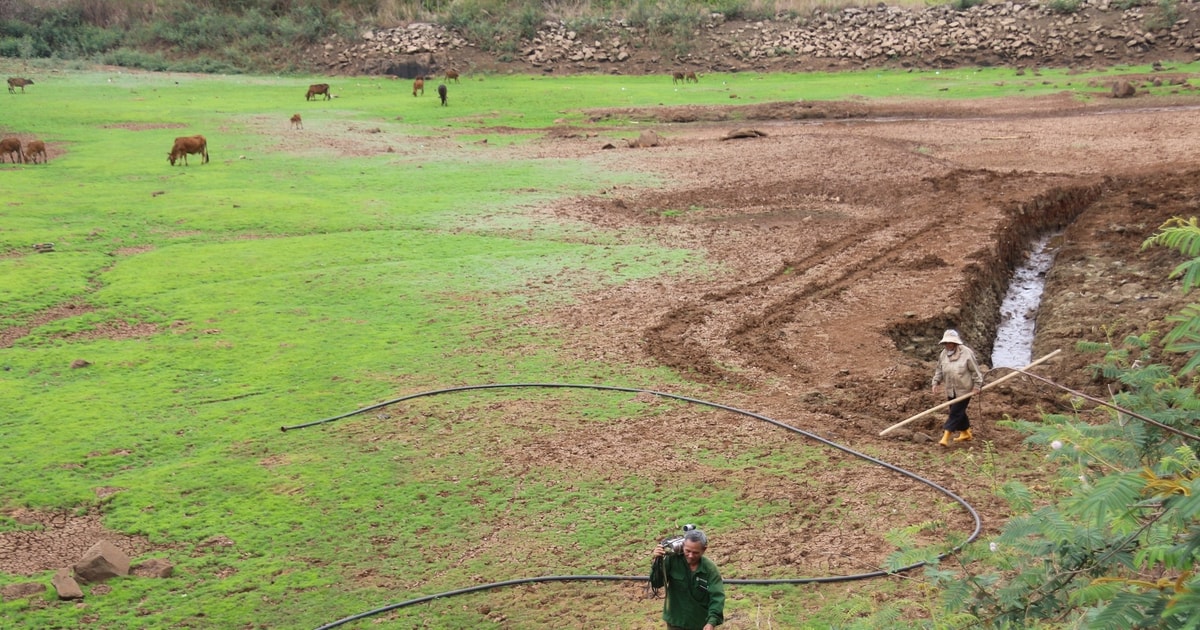

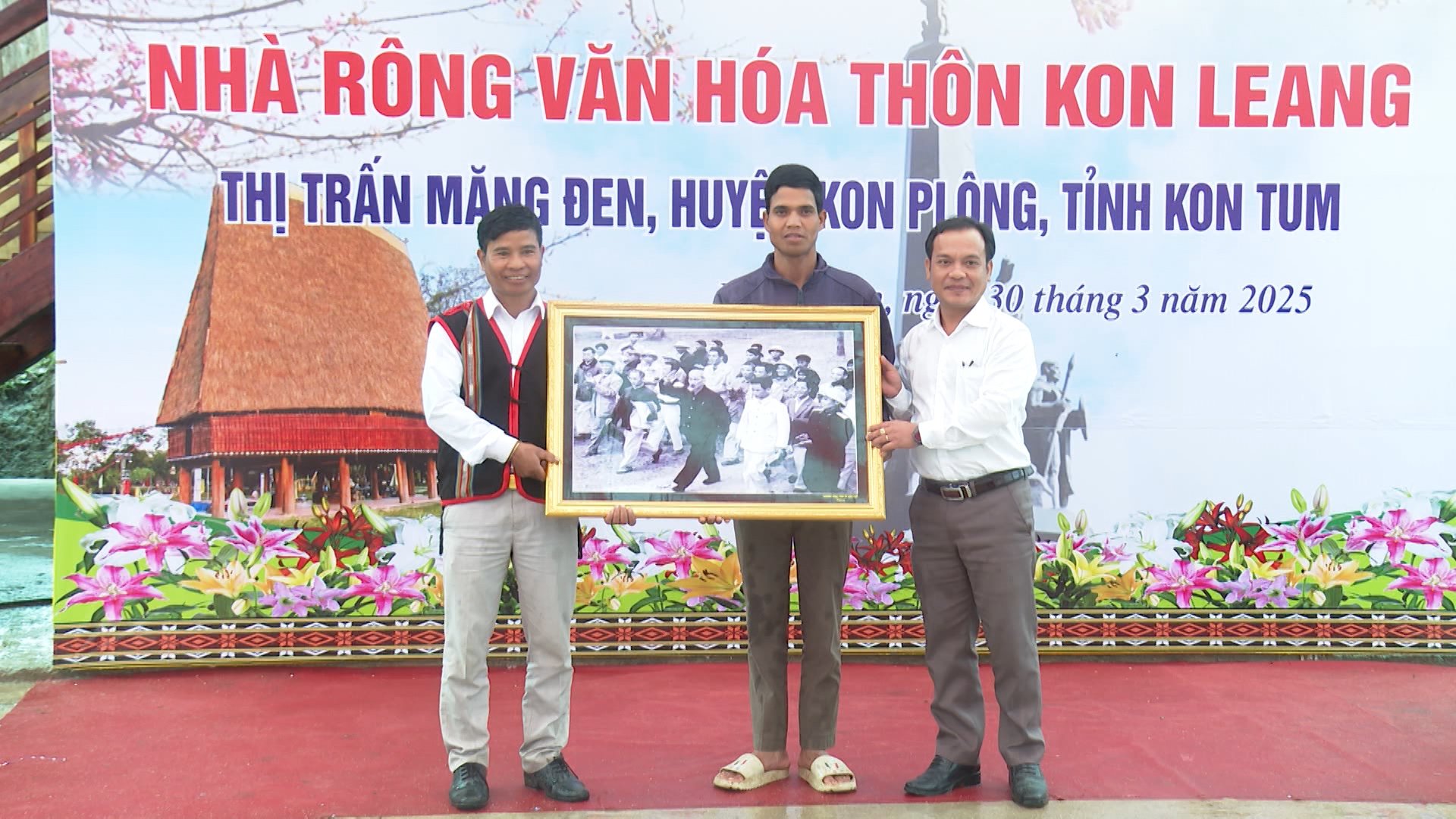
































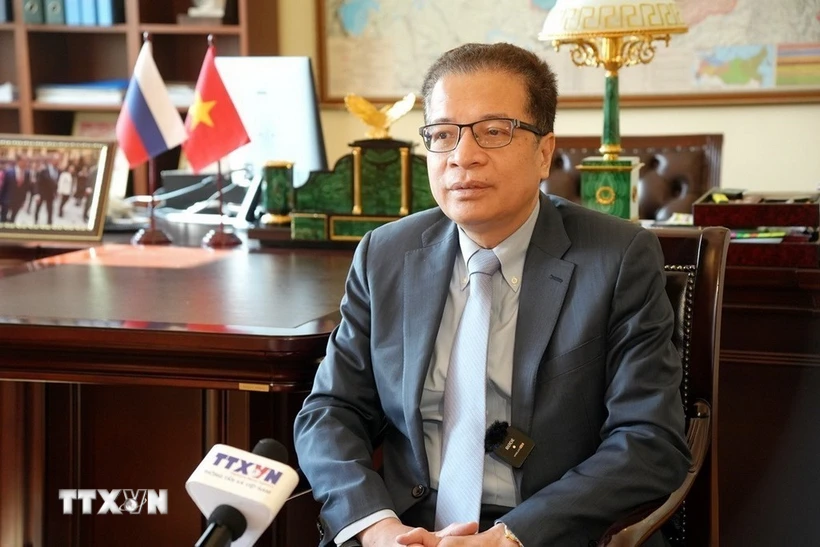
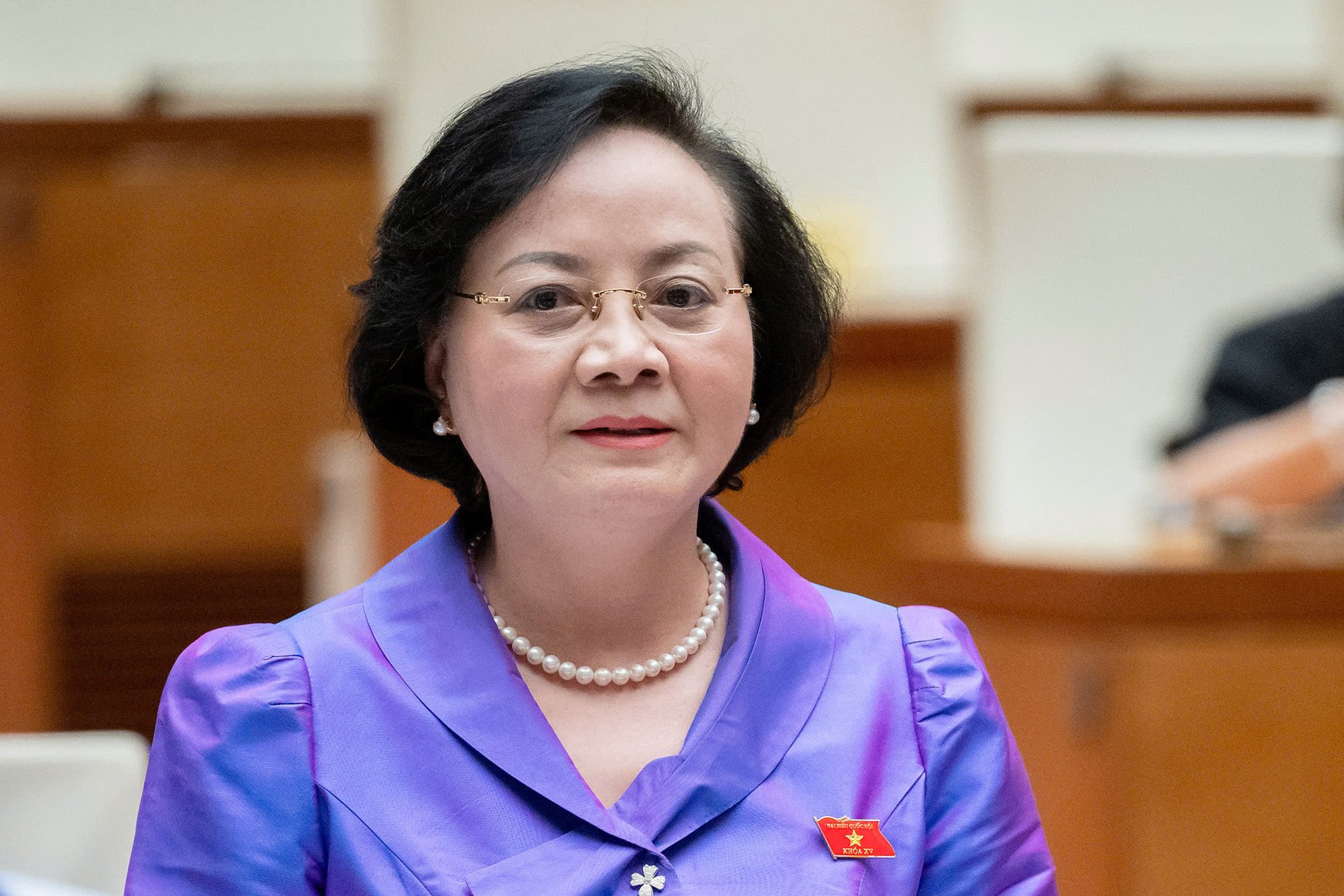
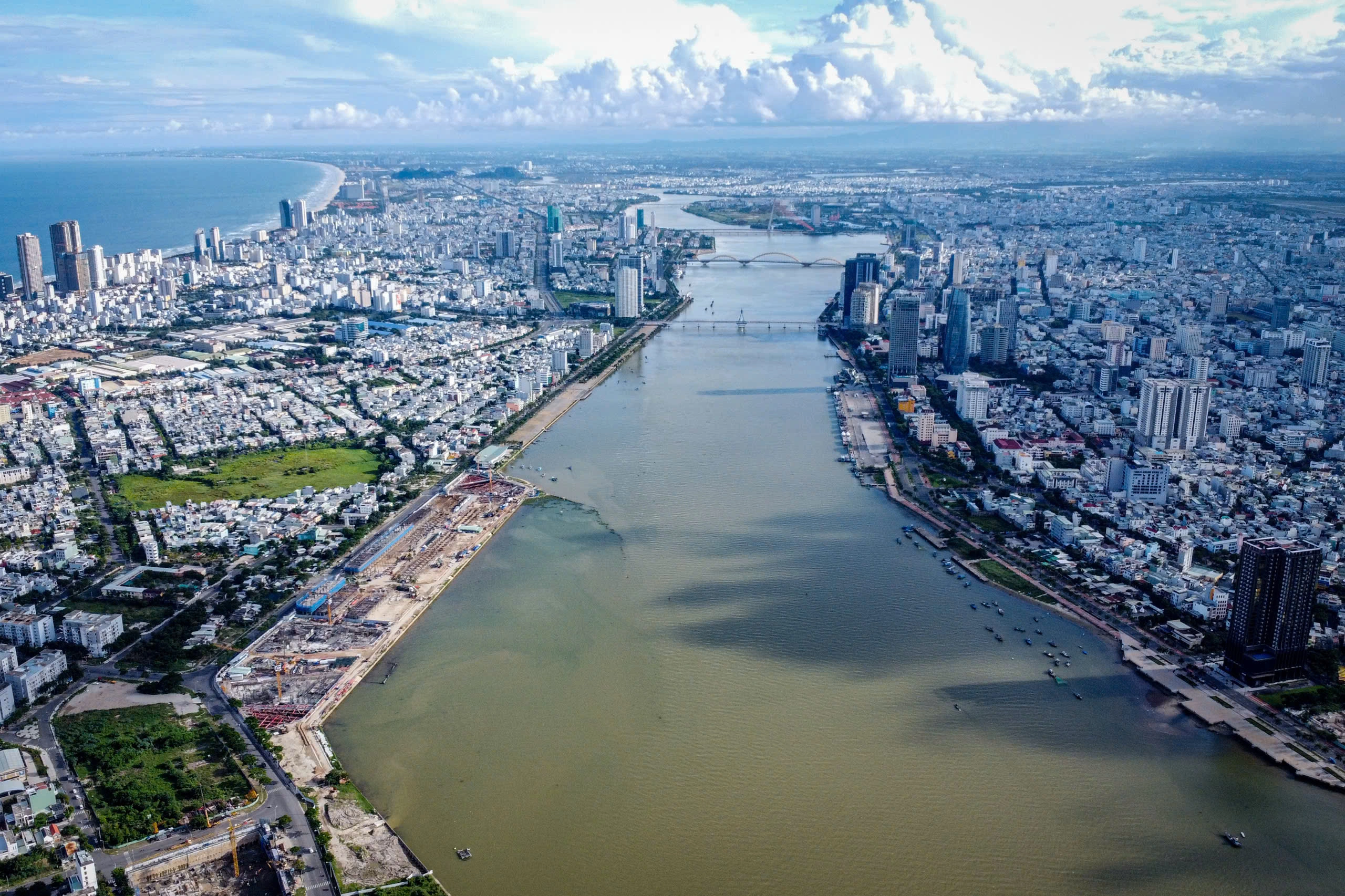
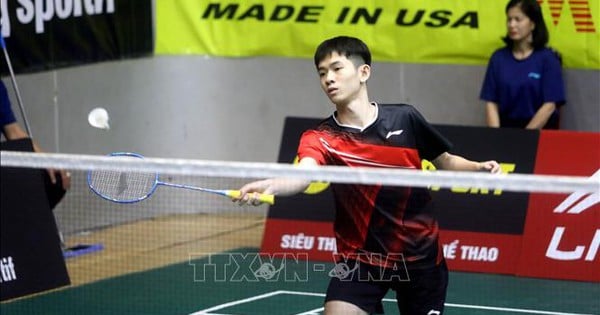


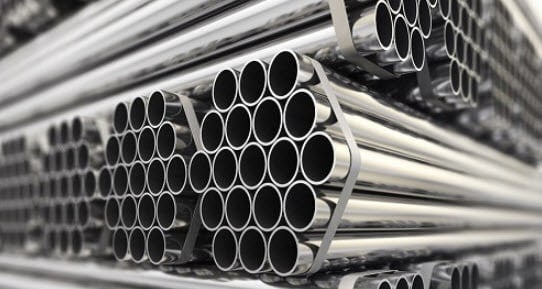


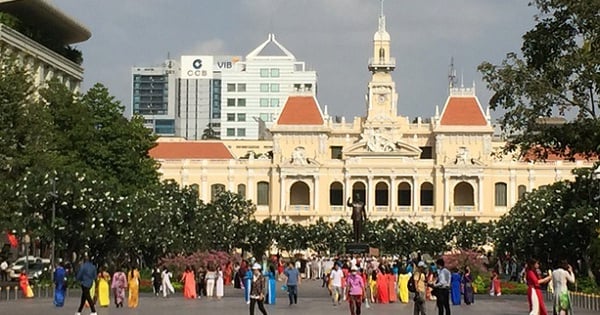
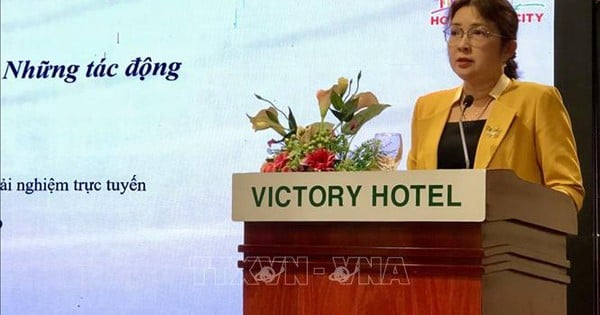
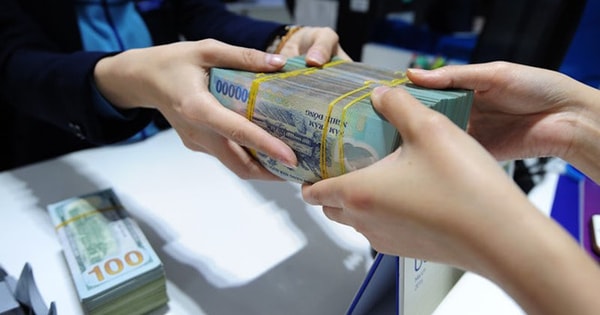













Comment (0)